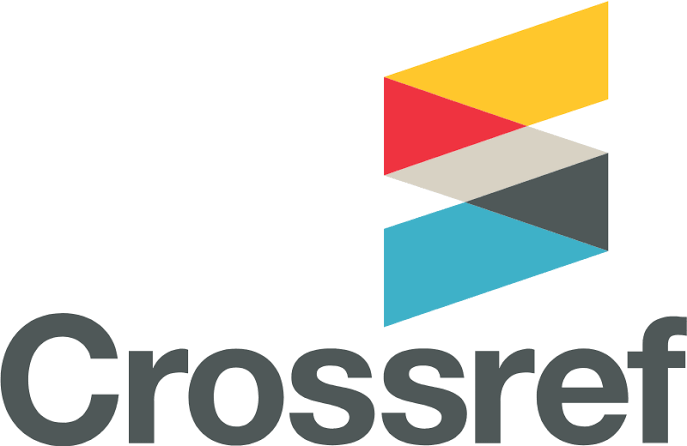ORGANISATIONAL CLIMATE AS PREDICTORS OF TEACHERS’ INSTRUCTIONAL DELIVERY IN PUBLIC SECONDARY SCHOOLS IN ANAMBRA STATE
DOI:
https://doi.org/10.5281/m.v6i1.107Keywords:
Organization Climate, Instructional Delivery, Open School Climate, Closed School ClimateAbstract
The study examined organizational climate as predictor of teachers’ instructional delivery in public secondary schools in Anambra State. Two research questions guided the study and two null hypotheses were tested at 0.05 level of significance. The study adopted correlational research design. The population of the study comprised 7248 teachers in 267 public secondary schools in the six Education Zones in Anambra State (Planning, Research and Statistics Department, Anambra State Post Primary Schools Service Commission (PPSSC), Awka, 2024). The sample size comprised 580 teachers drawn from the population of the study. The instruments for data collection were Organizational Climate Questionnaire (OCQ) and Teachers’ Instructional Delivery Questionnaire (TIDQ). The reliability of the instrument was determined using Cronbach Alpha Coefficient method and the average coefficient of 0.86 for OCQ and TIDQ is 0.77 were obtained. The data were analyzed using simple regression analysis. The study revealed that open school climate (r = 0. 803; p < 0.000), and closed school climate (r = 0. .447; p < 0.000) have strong positive and significant predictive values on teachers’ instructional delivery in public secondary schools in Anambra State. The study concluded that organizational climate predicted teachers’ instructional delivery in public secondary schools in Anambra State. Based on the findings, the study recommended that principals should avoid adopting closed school climates, characterized by authoritarian leadership and limited teacher involvement, as they stifle creativity, reduce teacher engagement, and undermine instructional quality.
Downloads
Published
How to Cite
Issue
Section
License

This work is licensed under a Creative Commons Attribution-NonCommercial-NoDerivatives 4.0 International License.











